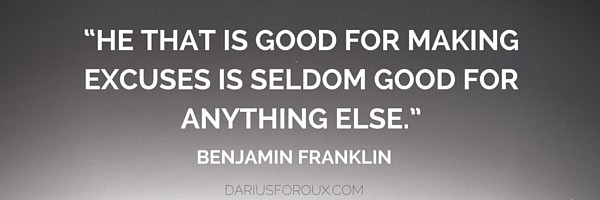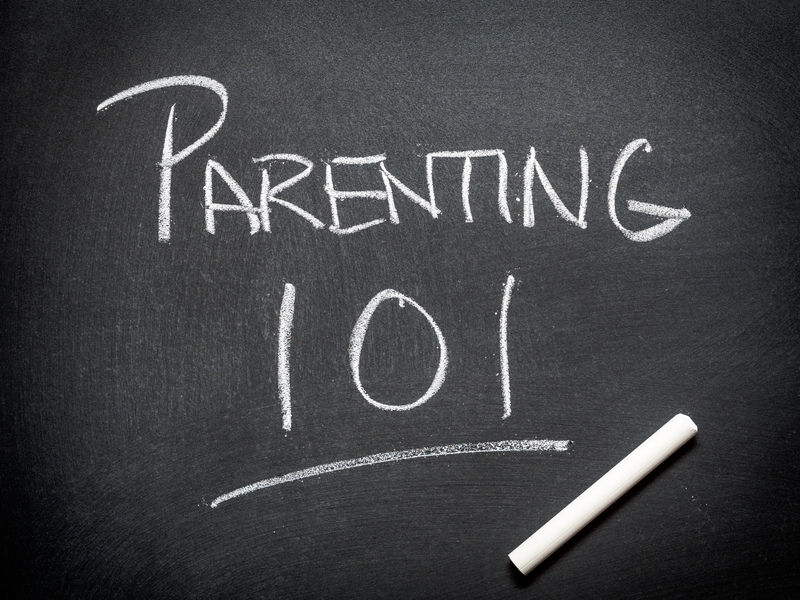
by James Burns | Jan 12, 2019 | Burns' Bench
If that’s the attitude that everyone has, suppose no one is giving it? How about if everyone was giving it? I like the latter much better. Everyone has a choice, but the decision to display the quality of respect can’t be predicated on whether or not we are receiving it. This is not easy, it’s hard I know. I would highly recommend that everyone pick up a copy of “The 7 Habits of Highly Effective People” by Stephen Covey. (See Below) The first habit is to Be Proactive. A decision to be respectful to everyone should be made well before we are confronted with disrespect. Those decisions are made way down deep in the chambers of our own soul. Help your students make the decision now to be respectful all the time to everyone. If we all give it; we all get it.
Click Here To Download A Free Copy of Covey’s Book
Bench Notice
Having a high regard for the rights and privileges of another person; that’s respect. It doesn’t say who the person is or the position that they have in life; it says another person. Too often those who are down trodden or who are on the lower end of the economic scale can be treated with a greater degree of disrespect than others. The homeless on the street have the same blood running through their veins as everyone else does. We don’t have to agree with someone’s lifestyle or even their attitude. Our job is to respect everyone as a human being that shares this world with us.
by James Burns | Jan 10, 2019 | Burns' Bench
Character is truly far more important than achievement. Theodore Roosevelt once said “To educate a person in the mind but not in morals is to educate a menace to society.” Teaching character is something that we all attempt to do, but because of lock step lesson planning and curriculum time lines we never seem to have the freedom to correctly work on this important topic in our classrooms. Sometimes there is more caught then taught. So, make the time to discuss situations that involve lying, stealing, cheating, bullying, bad mouthing, etc. Search for character education programs and lesson plans and make the time so you can force it into your day or your week. Do your best, and remember your main focus should be teaching the qualities of respect, and responsibility.
Bench Notice
Character; what we do when no one is looking. In the teaching profession everyone is looking. And, with the use of social media people are really looking. We can’t legislate morals but we will be judged based upon the court of public opinion. We all know the difference between right and wrong. Don’t allow you impulses get in the way of your good name. Life is based upon gain and loss, whether someone is looking or not. If there is any immediate gain to be had from behavior that could be interpreted as inappropriate or even immoral ask yourself if the long term consequence is worth it. Whether we want to believe it or not; people are watching.

by James Burns | Jan 8, 2019 | Burns' Bench
Children can’t pick their parents, when and where they were born, their physical condition when they were born, their siblings, or even their intelligence. They are influenced by many of these things, not determined, but influenced. They have choices and can always change their response to the influence. As adults because of our own philosophy we can make excuses for children based upon their circumstance, and begin to argue for the child’s weakness. Don’t: accountability is the key regardless of circumstance. A child’s problems might be organic, behavioral, environmental, or psychological. The problems may be clinical or conduct, the circumstances don’t determine accountability. They merely help us understand the reason for the behavior. After a consequence is imposed we can then look at the child’s behavior objectively and offer alternatives to help avoid future problems.
Bench Notice
We are falling further and further into the gray abyss. Too many things are relative and nothing is definite. In years past it wasn’t a matter of if someone was going to get in trouble for lying, stealing, fighting or even just be tardy to school; it was when. Parents can talk their kids out of anything today, and they have done a pretty good job of teaching this to their children. Oh, it helps avoid the immediate consequences, but what they don’t realize is that by default they are agreeing with their child’s behavior when they argue for their weaknesses. Behaviors that will escalate causing the child to believe that it is okay to lie, steal, fight, and be disrespectful; sometime.

by James Burns | Jan 5, 2019 | Burns' Bench
The young parents of today need parenting. Parents who have left home as young adults with a rebellious attitude may not even be speaking with their own parents. They have lost their perception of right and wrong behaviors and sometimes even simple decisions are tough. It’s these parents that will try to bully you as the teacher and the school. They don’t have the ability to cooperate when they disagree and can wreak havoc on the school and your classroom. These parents need to be agreed with immediately. You heard right; agreed with. But, agree in principal, not with the content. Let them know that you can see things from their perspective, but work with them to see things from the same perspective. Instead of a tug of war, move to their side of the rope. Or better yet, let go of the rope. Ease into conversations with these parents and begin to lose your fear of being yelled at. Be an empathic listener, and don’t argue. They need to be taught, and you are going to do it.
Bench Notice
Since the writing of this tip things have gotten worse. My wife went to drop off a forgotten pair of glasses for our eight year old daughter a few weeks ago and wasn’t allowed in the school building. She was told to leave them on the table between the school entrance and the main office. It was like a bunker was set up. All visitors entering my daughter’s school are escorted through the school, including the parents who are known by school administration and teachers, like classroom mothers and the president of the PTA. School shootings have prompted this and I agree that every precaution should be taken for the safety of our children.
I do believe though that the schools are fed up with angry and irate parents and will do what they can to keep them out of the school building. In doing so they are keeping everyone out and with the same brush tarring even the most cooperative parents. Do parents need parenting? Yes, some do. The ones that need it should get it. Until they get it place the restrictions where it needs to be; squarely on the parents who think they own the school and want to wreak havoc because of a poor test grade.

by James Burns | Jan 4, 2019 | Burns' Bench
When kids are unhappy about something that happens in school and they believe that the teacher was the culprit, they will usually go home and complain to mom or dad. If the parents are weak, and are always in a position of being intimidated by their own children, they will usually come into school and argue for their child, defending his/her actions. Why, because they can win the argument with the school, but they will always loss the argument with their own kid at home.
I experienced this once as an administrator; a 17 year old student was bullying his mother in my office. My response to the kid was, “don’t bully your mother in my office.” When this was said the mom felt she now had an ally, and became more assertive with her son. Husbands and wives may disrespect each other in the home in front of the children. Sometimes children will become one of the parents’ confidants and have to listen to complaints about one parent or the other. Anytime you have an opportunity to stick up for or defend a parent when they are being bullied by their own children in your presence do it, you will make a new friend and your discipline of that child will be easier going forward.
Bench Notice
Parents without boundaries usually allow to much freedom and often don’t hold their kids responsible at a young age. This permissiveness can create an environment where kids believe they can say and do what they want, when they want. This starts to become a problem when children become ten years of age and can become progressively worse moving forward.
Parents need parenting,and they need to be taught how to set healthy boundaries with their children. It’s not so much about teaching compliance but more about teaching character. Help parents to understand the importance of respect, and responsibility and how to demand these qualities from their children.









